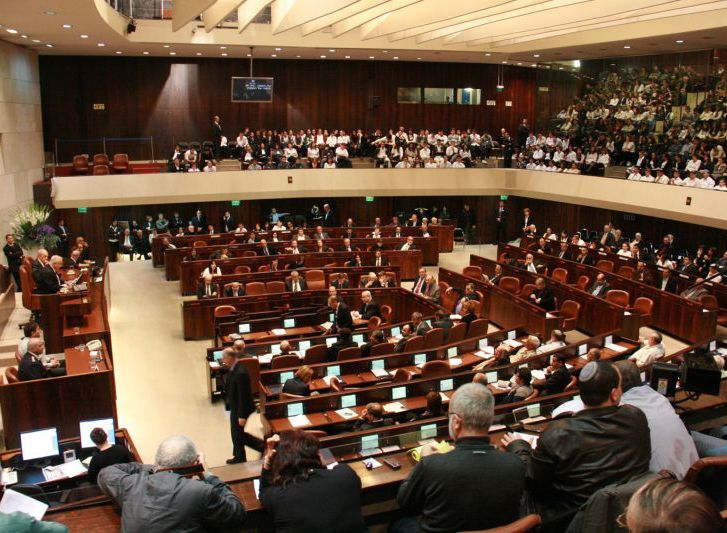Leading Human Rights Organizations Petition the Israeli Supreme Court to Cancel the Anti-Boycott Law
(Haifa and Jerusalem) On 11 March 2012, Adalah and the Association for Civil Rights in Israel (ACRI) submitted a petition to the Israeli Supreme Court seeking cancellation of the "Boycott Law," which imposes sanctions on any individual or entity who calls for an economic boycott of the settlements or of Israel. The Knesset passed the Boycott Law in July 2011, in the wake of the decision of several prominent Israeli artists not to appear or perform in settlements in the West Bank as an act of protest against the Occupation.
The petition was filed on behalf of eight civil society organizations, including five leading human rights organizations in Israel – Adalah; ACRI; the Public Committee Against Torture in Israel; HaMoked - Center for the Defence of the Individual; and Yesh Din. In addition, petitioners include three organizations that promote an economic boycott as a means to end the Occupation: the Coalition of Women for Peace, a women's rights organization that runs a special project under the name "Who Profits from the Occupation?" and collects financial information on Israeli and international companies that benefit economically from the Occupation of the Palestinian territory and the Syrian Golan Heights; the High Follow-up Committee for Arab Citizens in Israel, which openly calls for a boycott of Israeli settlement products; and the Jerusalem Legal Aid and Human Rights Center, which believes that calling on the people of East Jerusalem to boycott Israel constitutes peaceful resistance to the Occupation.
In the petition, Adalah attorneys Hassan Jabareen and Sawsan Zaher, and ACRI Legal Advisor Dan Yakir argued that the law imposes a "price tag" on legitimate political expression, and thus, undermines public debate on the most controversial issues in Israeli society. The law violates the constitutional rights of freedom of expression, dignity and equality. The petitioners argue that the law, due to the severe sanctions imposed, has created a "chilling effect" that deters all those wishing to express a political stance by calling for a boycott.
The Boycott Law allows claimants injured by a boycott to seek to recover damages through tort lawsuits from those who called for it. The law also empowers the Minister of Finance to impose severe economic sanctions on Israeli individuals and groups and institutions that receive any state support if they call for a boycott or agree to participate.
Both the law itself and its impact on constitutional rights have been sharply criticized by civil society organizations in Israel, the European Union, the United States government, and international human rights organizations. The Knesset's legal adviser also expressed his strong stance against the law, stating that it constitutes "injury to heart of free political expression in Israel."
Case citation: HCJ 2072/12, The Coalition of Women for Peace, et al v. The Minister of Finance, et al. (case pending)
Excerpts of the Petition Against Anti-Boycott Law (English)
Excerpts of the State’s Response (English)
For more information, see:
Adalah Press Release, "Israeli human rights groups: The anti-boycott law harms freedom of expression and targets nonviolent political opposition to the Occupation," 21 July 2011
















